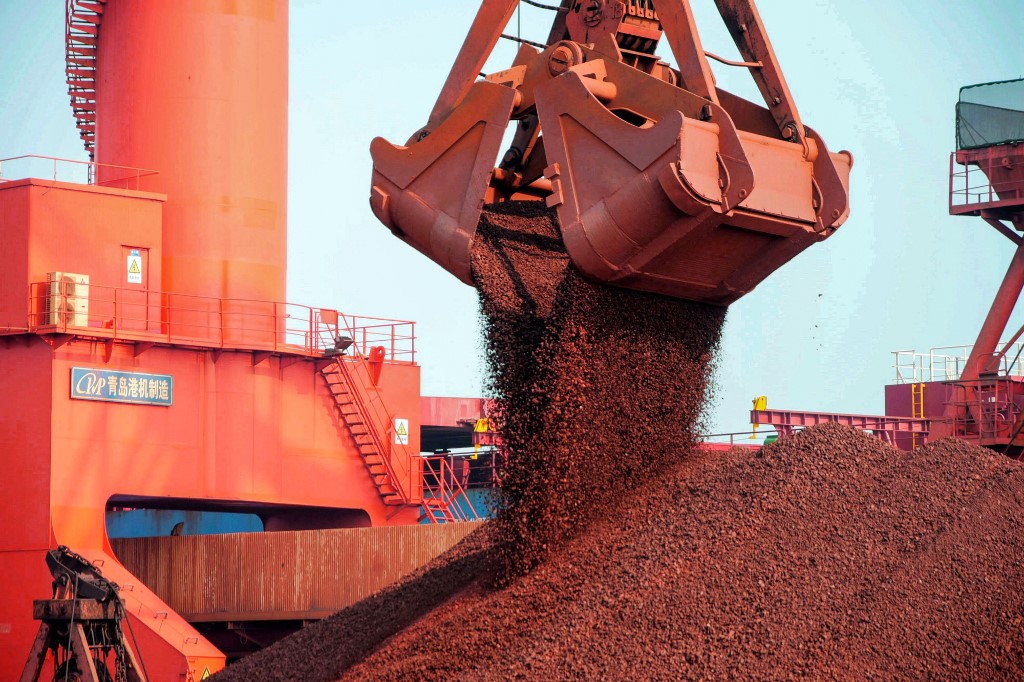China’s dollar-denominated exports in 2021 grew 29.9% over the previous year, and imports grew 30.1% over the same period, customs data showed on Friday.
Yuan-denominated exports rose 21.2% in 2021 compared with the previous year, and imports jumped 21.5%.
Iron ore imports dropped in 2021, down 4.3% from the previous year’s record annual high, as steel production curbs imposed to combat pollution dented demand and pulled prices of the key ingredient off historical highs.
The world’s top iron ore consumer brought in 1.12 billion tonnes of iron ore last year, compared with 1.17 billion tonnes imported in 2020, data from the General Administration of Customs showed on Friday.
In December, China imported 86.07 million tonnes of the raw material, down 18% from November.
Crude oil imports totalled 512.98 million tonnes in 2021, versus 542.39 million tonnes the year earlier, in first annual fall since 2001. December imports were 46.14 million tonnes.
Meat imports in 2021 fell 5.4% from the year before as a surge in the domestic supply of pork reduced demand for overseas supplies.
Imports last year totalled 9.38 million tonnes of meat, down from 9.91 million tonnes in 2020. Imports in December were 654,000 tonnes, the data showed.
- Reuters with additional editing by George Russell
READ MORE:
Hong Kong to See Import Scarcities over Cargo Crew Curbs
China, Philippines Suspend Beef Imports from Canada after BSE case
Myanmar Exports Teak to US in Defiance of Sanctions
























